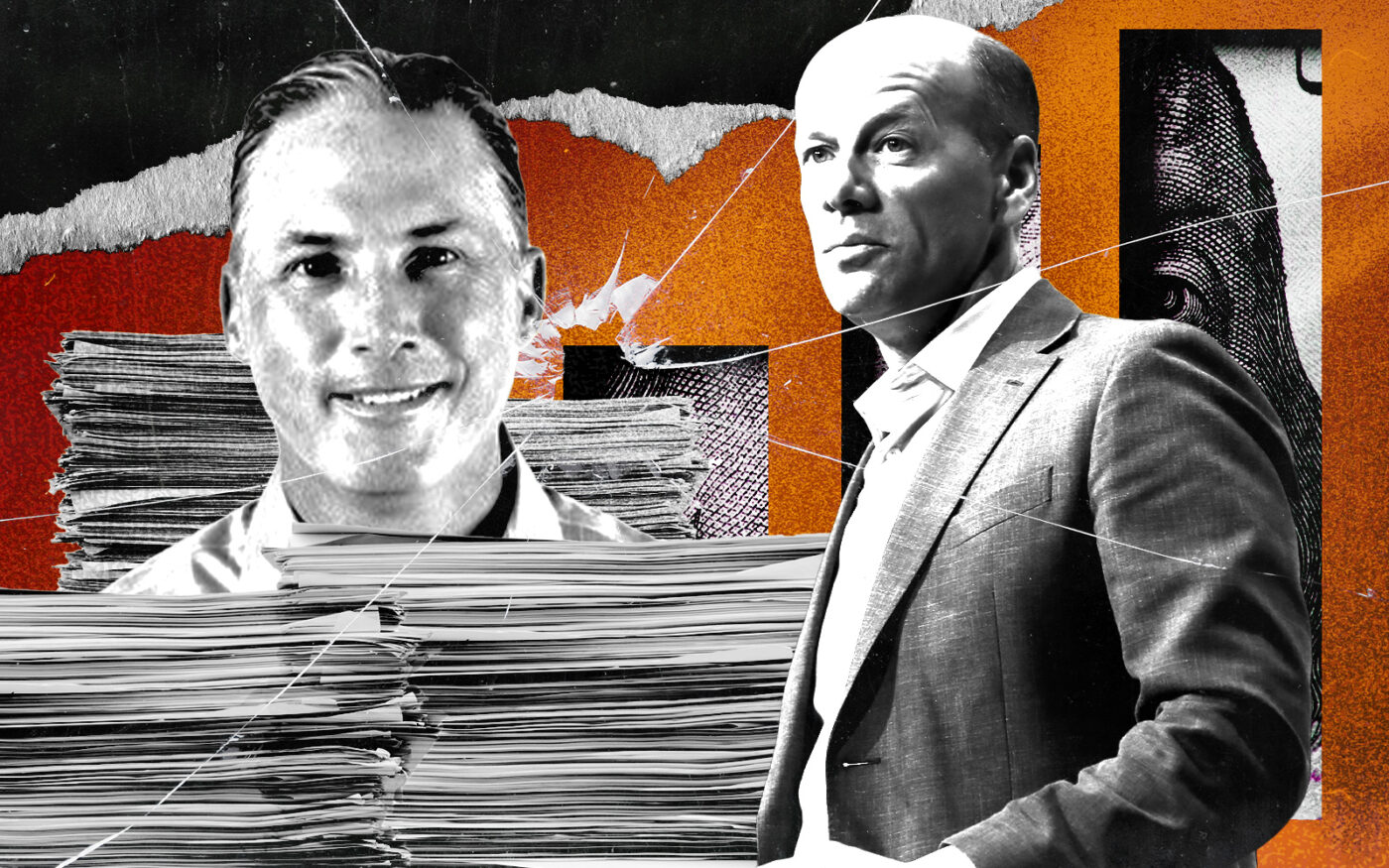Signature Bank’s rise to be one of New York’s most important multifamily lenders was driven by a division devoted to private equity lending led by a group of former Silicon Valley Bank executives.
About 37 percent of Signature Bank’s loans in 2022 stemmed from its fund banking segment, created in 2018 and spearheaded by Tom Byrne, the former head of Silicon Valley Bank’s Global Fund Banking division.
Two Silicon Valley Bank executives also joined Signature’s fund banking division in 2018. Trevor Freeman was a managing director at Silicon Valley, responsible for structuring subscription credit facilities and leading private equity and venture capital funds. Brian Schneider managed Silicon Valley’s seven-person fund banking team, based in New York City.
“The fundamentals of the private equity industry are strong and deeply rooted in the New York landscape, and we believe this is an excellent time for the bank to add emphasis to this complementary area,” said Joseph DePaolo, Signature Bank president and CEO at the time of the group’s announcement.
The group grew from a small part of the bank’s total loans, at just 11 percent in 2019, to 41 percent by the year end of 2021. By the end of 2022, the fund banking division reached $27.7 billion, or 37 percent of its total loans, according to its annual report.
The division focused on offering “subscription lines of credit, management company lines of credit and general partner loans, specifically targeted to private equity firms and their general partners,” according to Signature Bank’s annual report. The group was based in Midtown Manhattan.
The group’s ties to Silicon Valley Bank are likely to come under closer scrutiny after both banks collapsed in the last week. Silicon Valley on Friday suffered a run on the bank and Federal Deposit Insurance Corporation was named the receiver. The New York state regulator shut down Signature Bank two days later and appointed FDIC as the receiver.
Many suspected that Signature Bank’s collapse was related to its exposure to cryptocurrency.
But earlier this week, a spokesperson for the New York State Department of Financial Services said the decision to take over the bank had nothing to do with crypto. Rather, the regulator seized the bank after a “significant crisis of confidence in the bank’s leadership,” but it remains unclear what prompted regulators to feel this crisis in confidence.
Signature Bank was a key lender to New York City multifamily, but its growth in recent years was largely attributed to its fund banking division. The division accounted for about 73 percent of its funded commercial and industrial loans as of December 31, 2021.
The bank provided more details on its fund banking division in its 2021 annual report. It said the fund banking portfolio mostly consists of capital call lines of credit, which are “revolving lines of credit to private investment funds used by the borrower to bridge their capital calls.”
Signature said generally the borrower is an investment fund limited partnership and the loans are secured by a first lien on the right to make and receive capital calls as well as the assets of the funds.
By the end of 2021, the bank said it had not received one deferral request for its fund banking division since the onset of the pandemic.
Signature Bank bragged about the group in its annual reports, saying it transformed its balance sheet over the past several years from “liability-sensitive to a position of asset-sensitive through growth in floating rates loans.”
The bank announced in the third quarter of last year a plan to reduce its capital call lending exposure by “allowing non-relationship, passive participations to runoff as they come due for renewal.”
Signature Bank declined to comment through a spokesperson.
